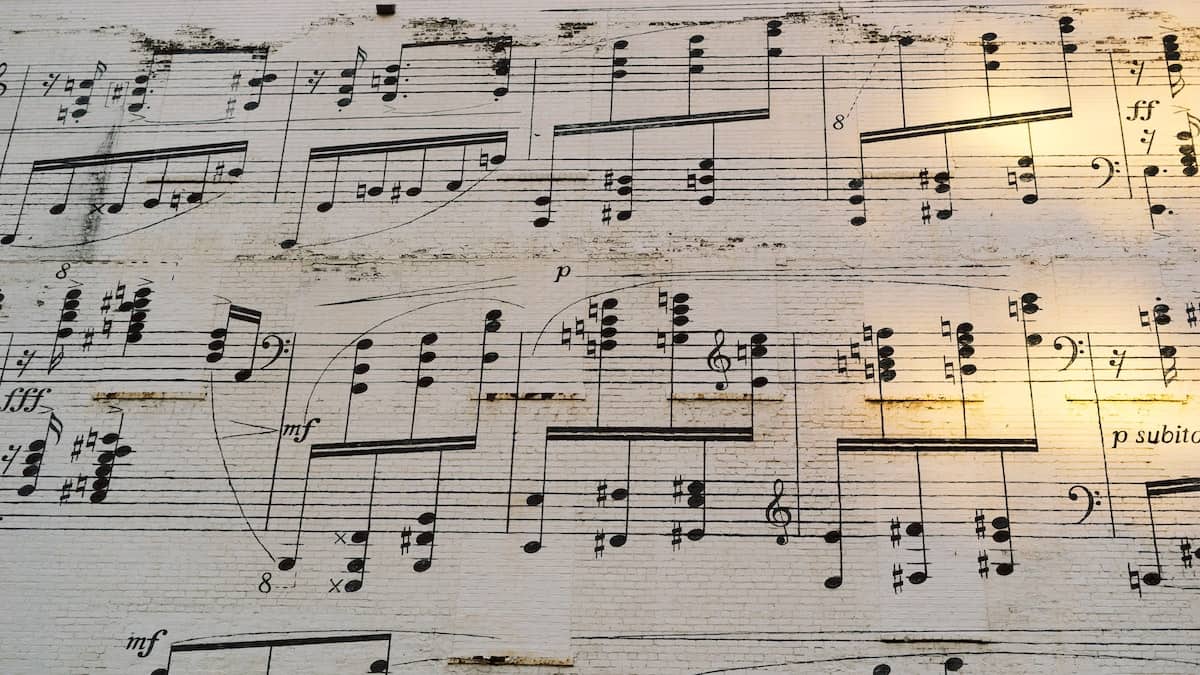Jazz Guitar Lessons
A Valuable Lesson for Guitarists at ANY Level

JGT contributor Mark Stefani presents ‘Daily Pathway to Success’ advice involving the importance of Arranging and Transcribing.
One of the most common questions posed to me during the past decades of music instruction is: “What can I do to improve my playing on a daily basis?” This is, without a doubt, a very important issue for the evolving musician. Time, or the lack of it, makes your decision about what to practice on a regular basis a critical one. Before I elaborate on the specifics of this subject, let me briefly describe what criteria I use for determining why a particular area of study might be considerably more valuable than another.
Learning music is a complicated process, involving ideally all of the student’s skills simultaneously. The ear, the intellect, visual awareness and physical technique should all blend in perfect harmony during the course of learning and/or performing. But that, unfortunately, is not always the case. Players develop certain “comfort zones” that are usually linked directly to their possession or lack of the above-mentioned skills. It’s extremely common, for instance, for a guitarist to learn music strictly by ear, often without a clue as to what is going on theoretically, or how that music might appear in standard notation. Guitarists are also traditionally famous for over-accenting their technique, especially speed, without really listening or paying attention to whether something truly sounds good or not. These players possess major gap areas, simply because they don’t address the use of all of their skills when they set about learning to play something.
The bottom line? Any music pursuit that doesn’t involve all skill levels and senses is an inferior one.
I’m not saying that those endeavors are without some merit, but to isolate a skill area without involving the others is just an unrealistic way to deal with musical growth. And, from what I’ve seen, players can have a difficult time applying knowledge that’s been learned in this manner. Now, what are some superior pursuits?
Arranging and transcribing are two of the best, if not the best ways of guaranteeing your musical evolution on a consistent, daily basis. Let’s define these areas, since each is quite broad.
Any time that you write a melody, chord progression or bass line, you are arranging music elements to suit what you hear. The arrangement (or composition) can be for group or solo guitar. Other examples might include chord-melody renditions of popular standards, rhythm guitar parts, horn parts, string parts, solos, etc.
Transcribing is the art of learning music by ear at first, then tackling the process of “breaking-down” the rhythm and scoring the project. Typical subjects might be instrumental solos, melodies of tunes, bass lines or chord progressions from sources of your choice.
Successful arranging and transcribing involves the use of all of your music skills at the same time, so although it may be frustrating and challenging the rewards easily justify the effort.
As you experience considerable growth with regards to your overall ability, the “frosting on the cake” is that your music vocabulary will also continue to grow with each and every project. So, all in all, your knowledge, in general, will keep evolving on a daily basis.
It’s not that important, in many cases, how much you practice but what you choose to practice. If you arrange and transcribe every day, you’ll never look back!
-
Jazz Guitar Lessons2 weeks ago
New JGT Guitar Lesson: Analyzing “Without A Song”
-
Jazz Guitar Lessons4 weeks ago
New JGT Guitar Lesson: Considering “Falling Grace”
-
Artist Features1 week ago
New Kurt Rosenwinkel JGT Video Podcast – July 2024
-
Artist Features2 weeks ago
JGT Talks To Seattle’s Michael Eskenazi




















